8 Trade Wars That Reshaped Global Markets—See How They Still Affect You
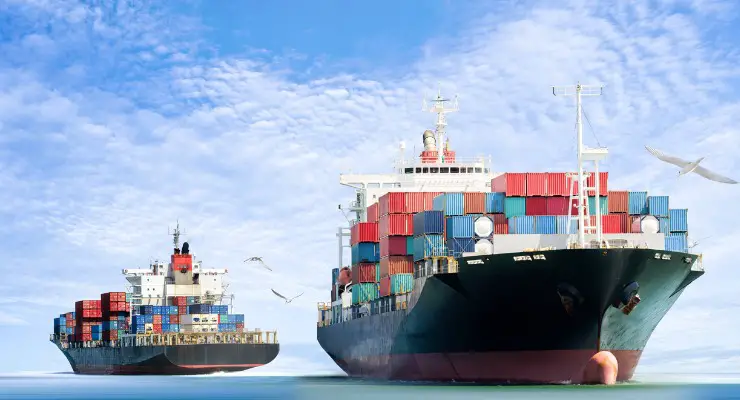
Trade wars have not only impacted economies but also the lives of countless individuals. These conflicts often escalate tensions, sometimes even leading to physical wars, while also leaving profound effects on industries, jobs, and daily life. Let’s delve deeper into eight significant trade wars throughout history, highlighting the monetary stakes, human impacts, and physical consequences.
1. The Anglo-Dutch Wars: Trade Routes and Naval Battles
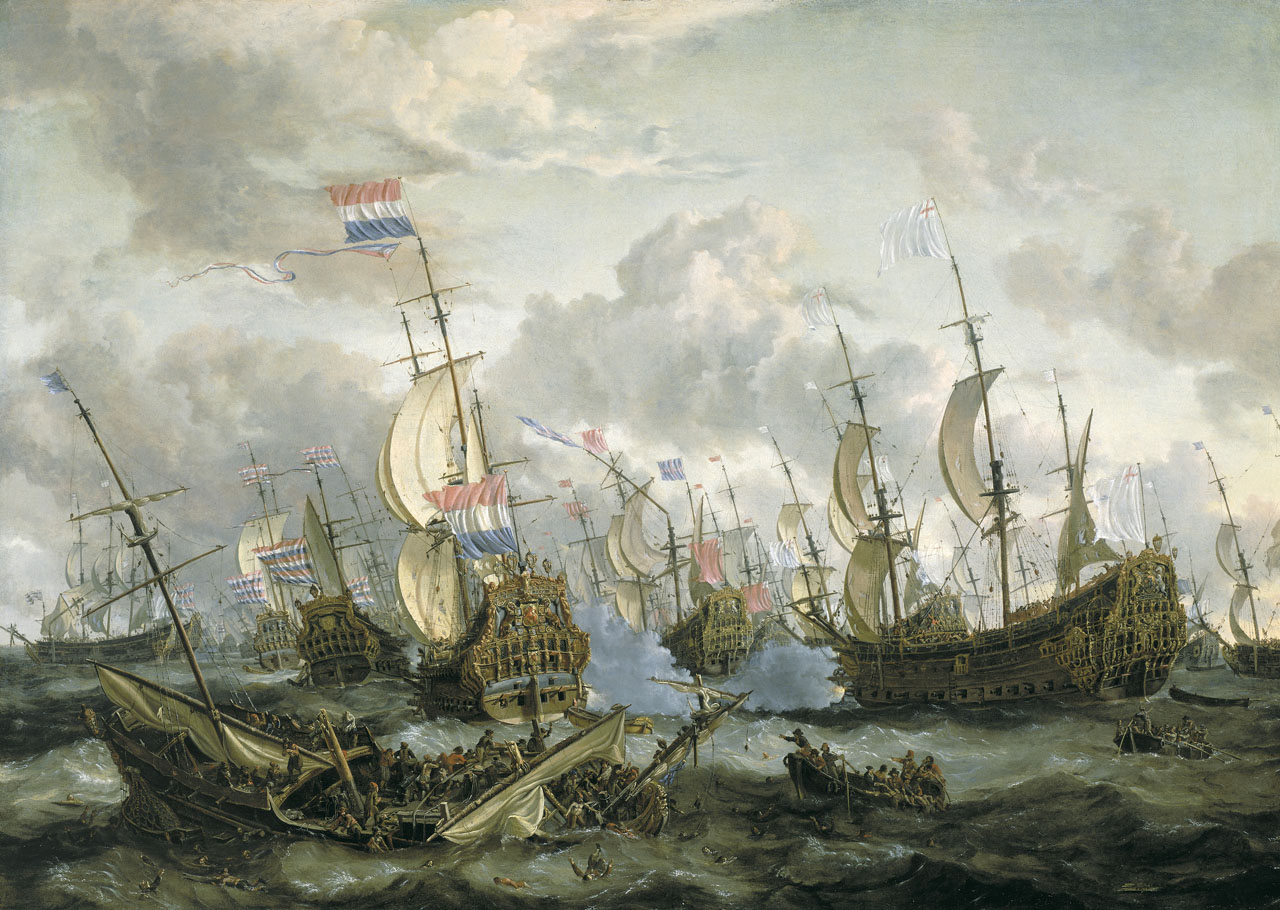
The Anglo-Dutch Wars (1652–1674) were primarily about control of lucrative trade routes. The financial stakes were immense: England and the Netherlands vied for dominance in global trade, including the East Indies spice trade worth millions of pounds annually. These wars involved naval battles that caused loss of life and disrupted trade, affecting merchants and economies on both sides. Families reliant on seafaring or trade were left devastated, as ships and livelihoods were destroyed.
2. The Boston Tea Party: Economic Protest Leading to Revolution
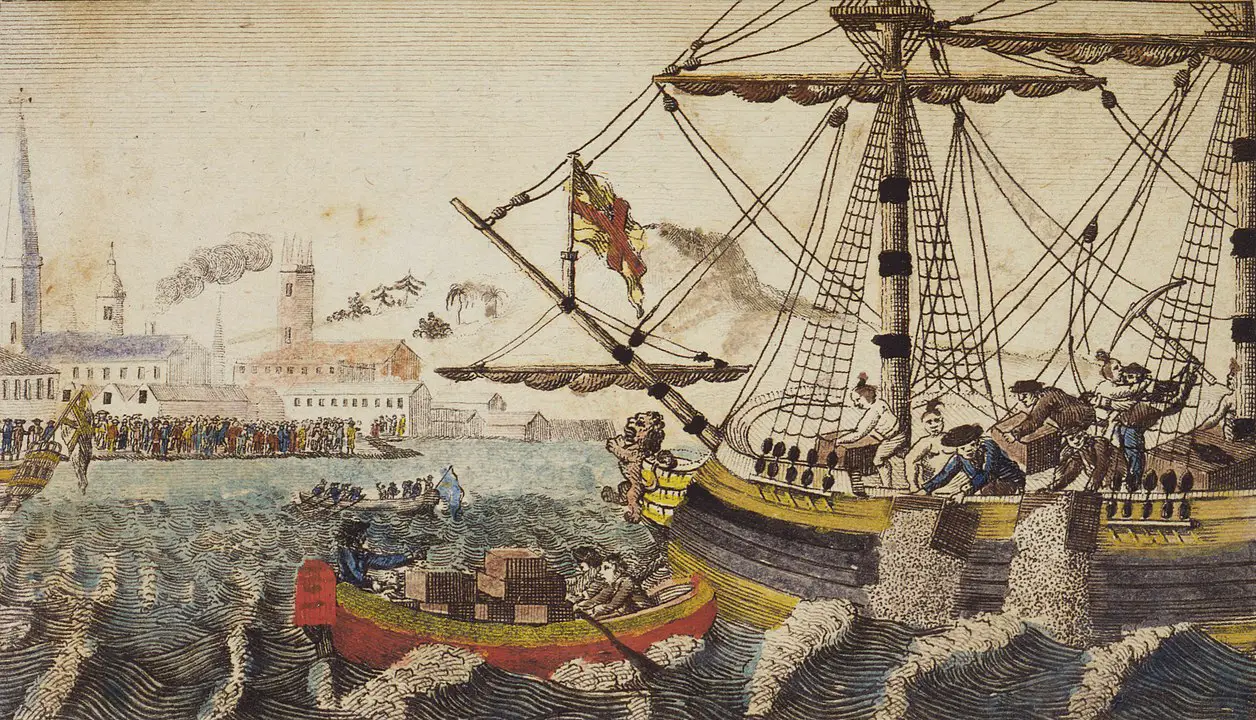
The British Tea Act of 1773, aimed at bolstering the struggling East India Company, angered American colonists by undercutting local merchants. The Boston Tea Party resulted in the destruction of tea worth approximately £10,000 (about $1.7 million today). This escalated tensions, contributing to the American Revolutionary War. The war disrupted trade and livelihoods for thousands, particularly farmers and artisans caught in the conflict.
3. The Opium Wars: Devastation in China
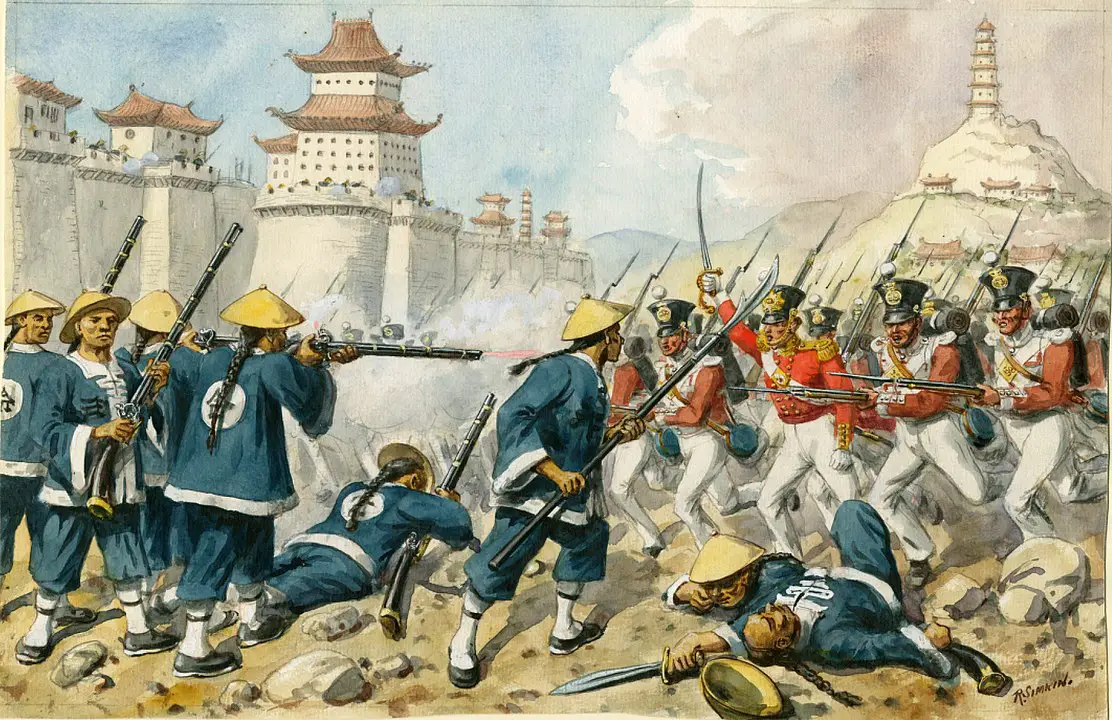
The British-Chinese Opium Wars (1839–1860) were driven by Britain’s trade of opium in exchange for Chinese tea and silk, generating enormous profits. When China sought to ban opium, Britain waged war. The conflicts resulted in over 20,000 Chinese casualties, significant economic losses for China, and the cession of Hong Kong to Britain. The Chinese population suffered from widespread addiction, social decay, and poverty, while British merchants enriched themselves at great human cost.
4. The Smoot-Hawley Tariff Act: Worsening the Great Depression
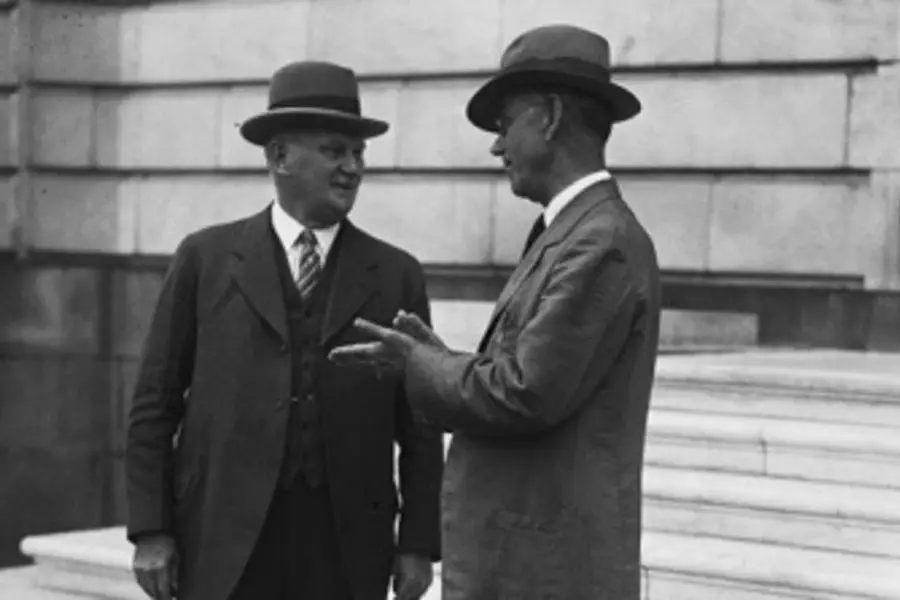
The Smoot-Hawley Tariff Act of 1930 raised duties on over 20,000 imported goods by up to 20%. It triggered retaliatory tariffs from over 60 countries, shrinking global trade by two-thirds and exacerbating the Great Depression. Millions lost jobs, particularly in export-dependent industries like agriculture. For instance, American farmers saw their exports drop from $5.2 billion in 1929 to $1.7 billion in 1933, leading to widespread poverty and despair.
5. The Banana Wars: U.S. Interventions
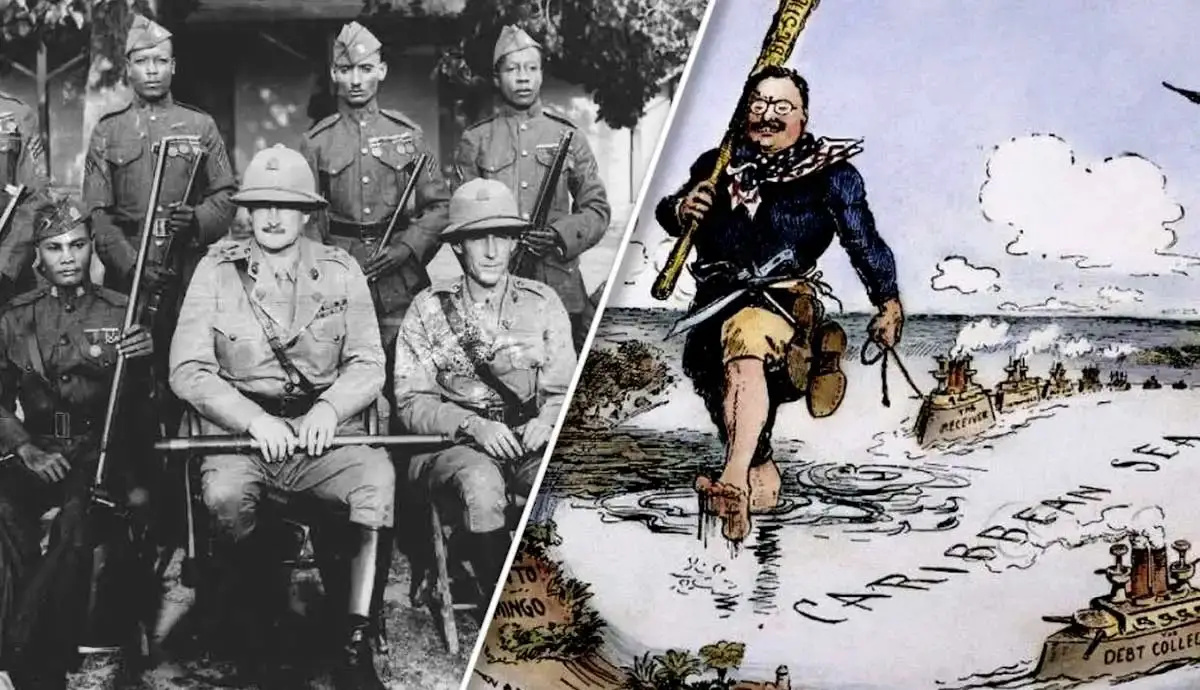
The “Banana Wars” (1898–1934) describe U.S. interventions in Central America and the Caribbean to protect American business interests, particularly the United Fruit Company. These trade disputes led to military occupations, including in Honduras and Nicaragua, resulting in local conflicts and loss of life. Farmers and workers in these regions often endured harsh conditions and low wages as U.S. corporations profited from banana exports, valued at millions annually.
6. U.S.-Japan Trade Frictions in the 1980s

In the 1980s, U.S.-Japan trade tensions centered on Japan’s $50 billion trade surplus with the U.S., driven by exports of cars and electronics. To protect domestic industries, the U.S. imposed import quotas and tariffs on Japanese goods. This affected Japanese automakers, forcing them to open plants in the U.S., which eventually created jobs. However, American manufacturers struggled to compete, leading to job losses and resentment in industries like steel and auto production.
7. The China-U.S. Trade War: Supply Chain Shocks
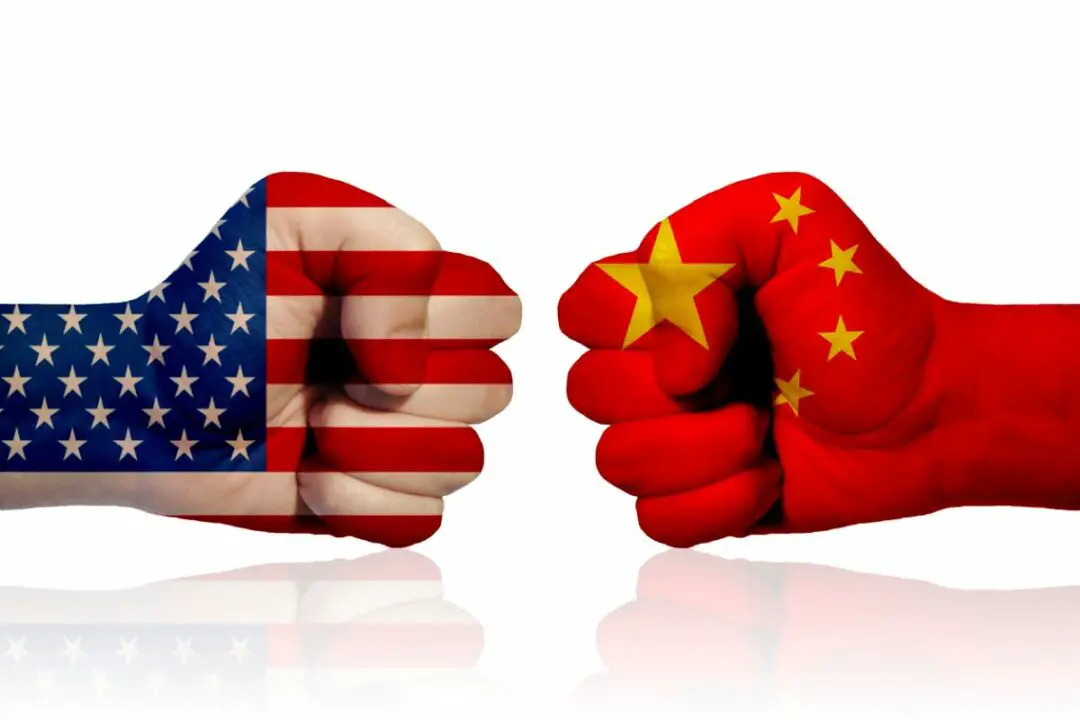
Beginning in 2018, the U.S.-China trade war involved tariffs on hundreds of billions of dollars’ worth of goods. By 2020, U.S. tariffs covered $360 billion of Chinese imports, while China retaliated with tariffs on $110 billion of U.S. goods. American farmers, particularly soybean growers, faced massive losses due to reduced exports. The trade war disrupted global supply chains, raising prices for consumers and creating uncertainty for businesses.
8. The Boeing-Airbus Dispute: Transatlantic Trade Tensions
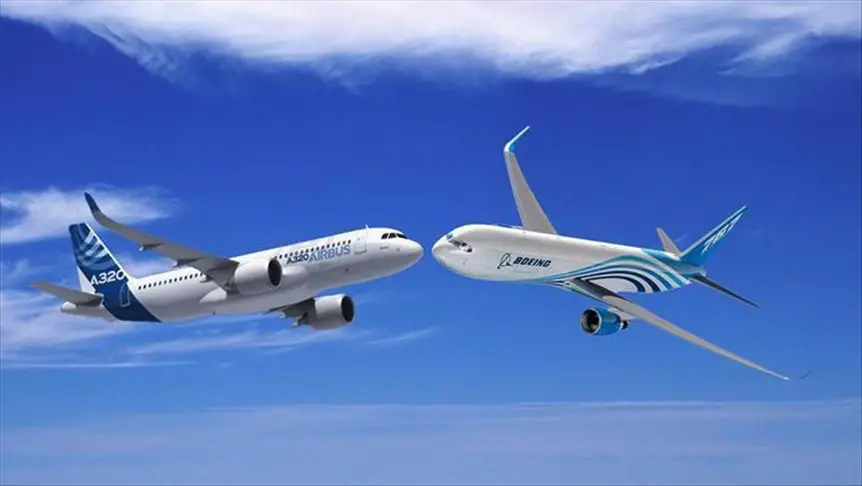
The Boeing-Airbus dispute, part of broader U.S.-EU trade tensions, involved subsidies worth billions of dollars. In retaliation, both sides imposed tariffs on goods such as airplanes, wine, and cheese. For example, the U.S. levied tariffs of up to 25% on $7.5 billion worth of European products in 2019. These tariffs raised prices for consumers and hurt industries reliant on transatlantic trade, such as aviation and agriculture.
Final Thoughts
Trade wars often leave a trail of economic and human consequences, from disrupted industries to personal hardships. They can exacerbate tensions, sometimes leading to physical conflicts, as seen in the Opium Wars and the Banana Wars. Understanding these historical events allows us to appreciate the complex interplay between economics and geopolitics, emphasizing the need for diplomacy in resolving trade disputes.
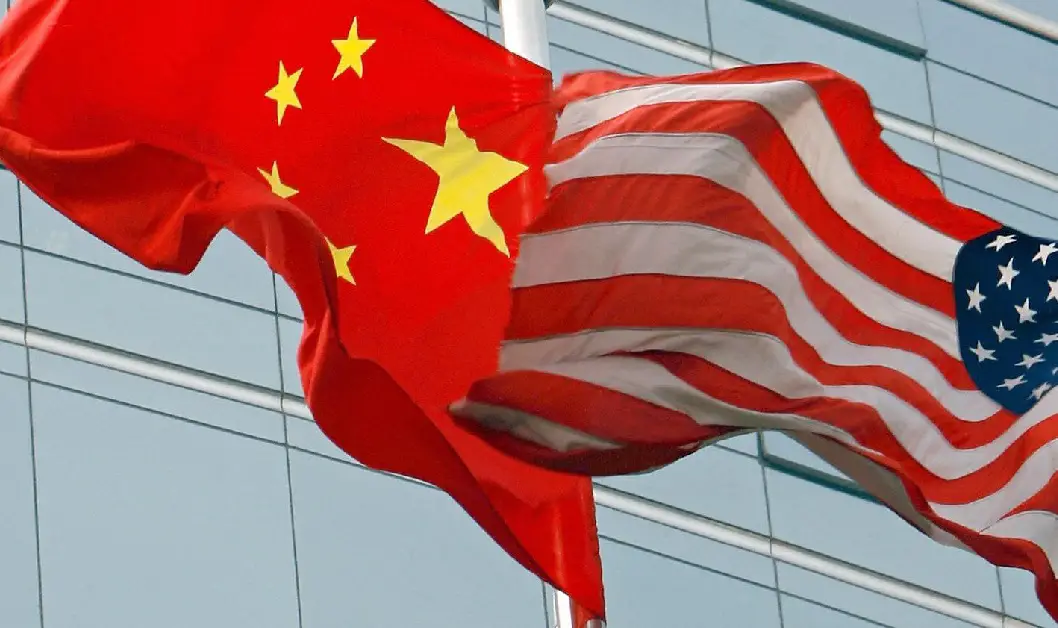
Leave a Reply